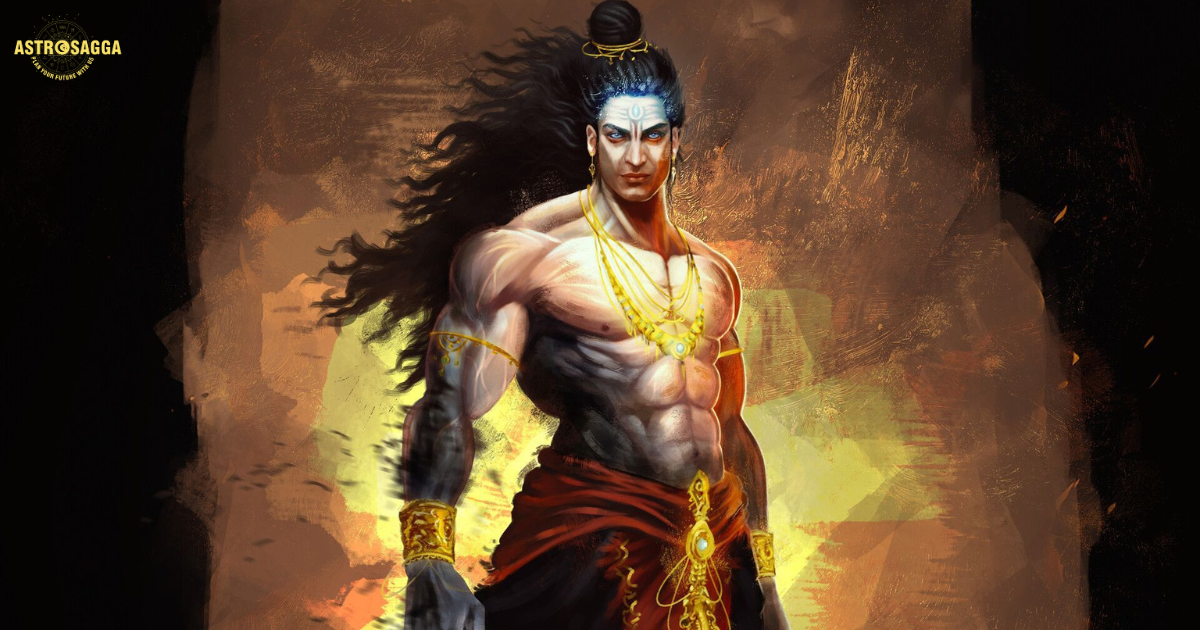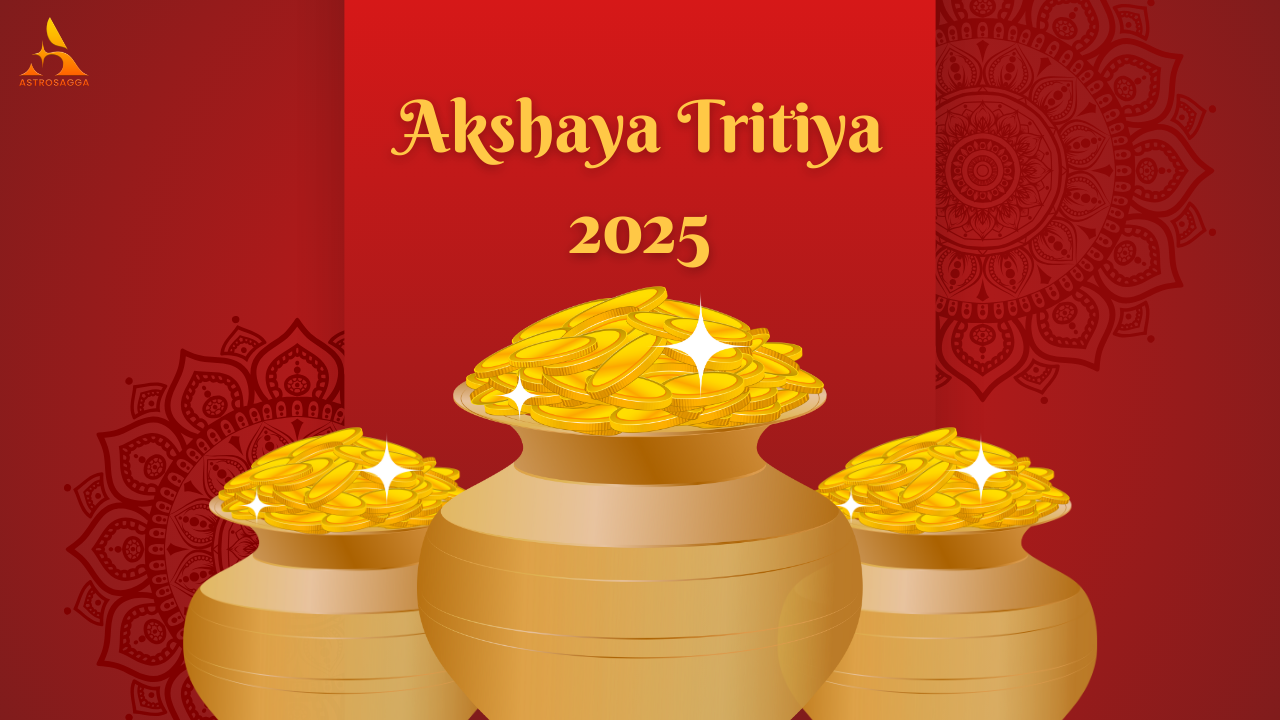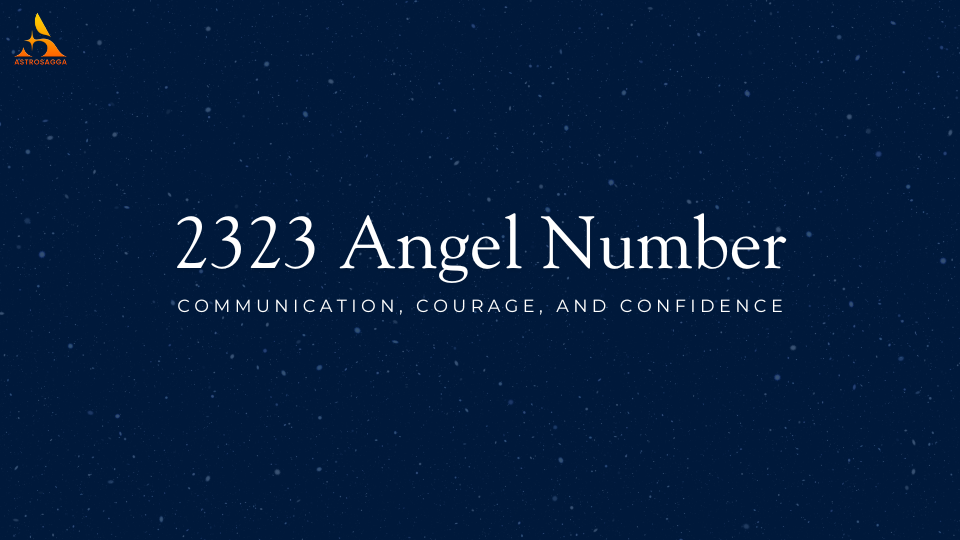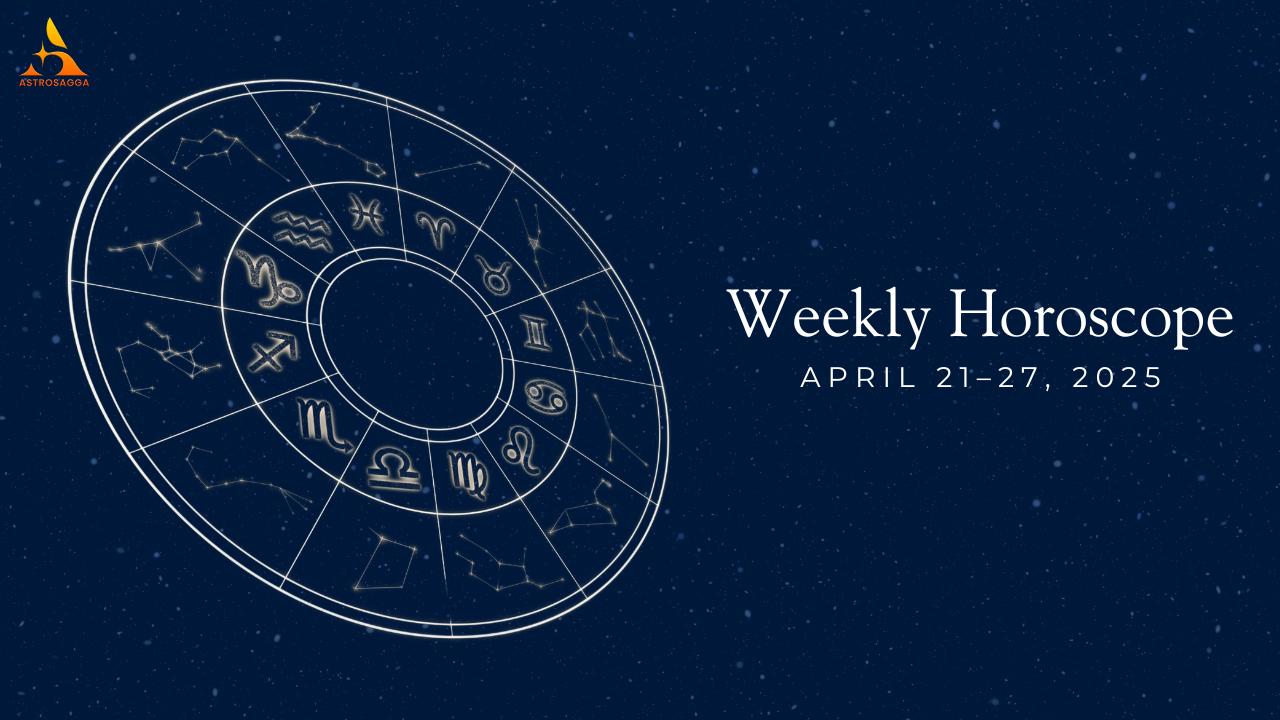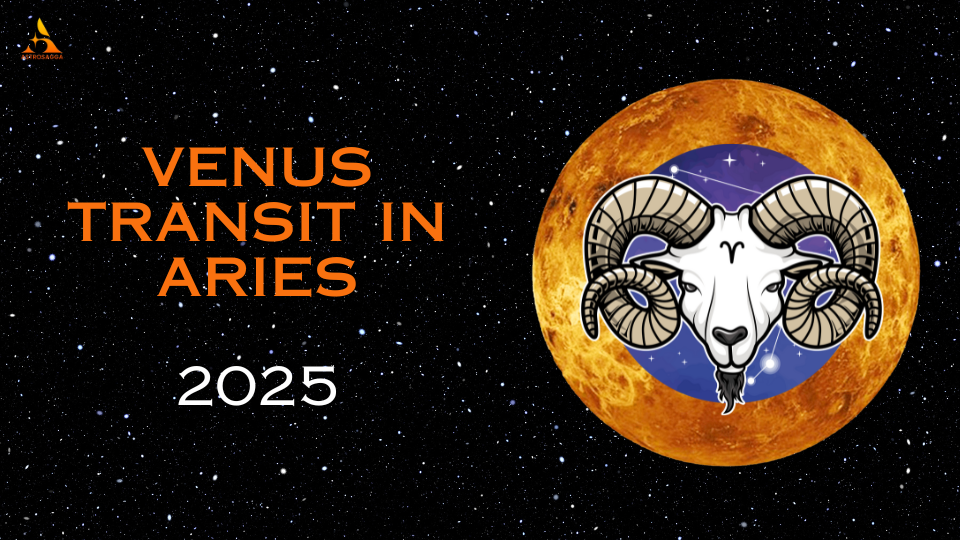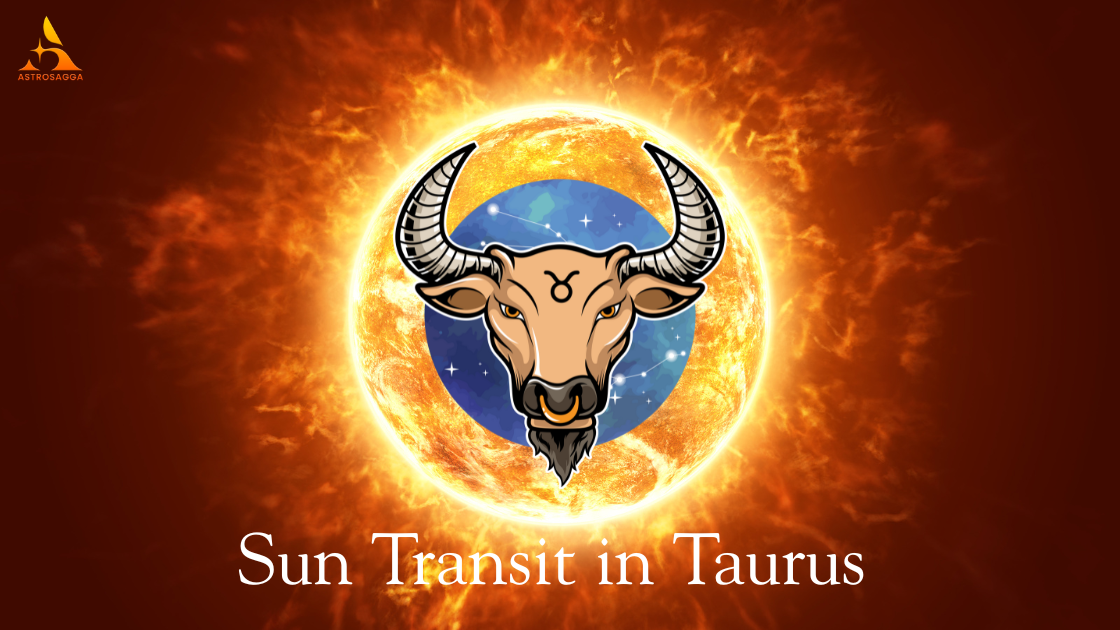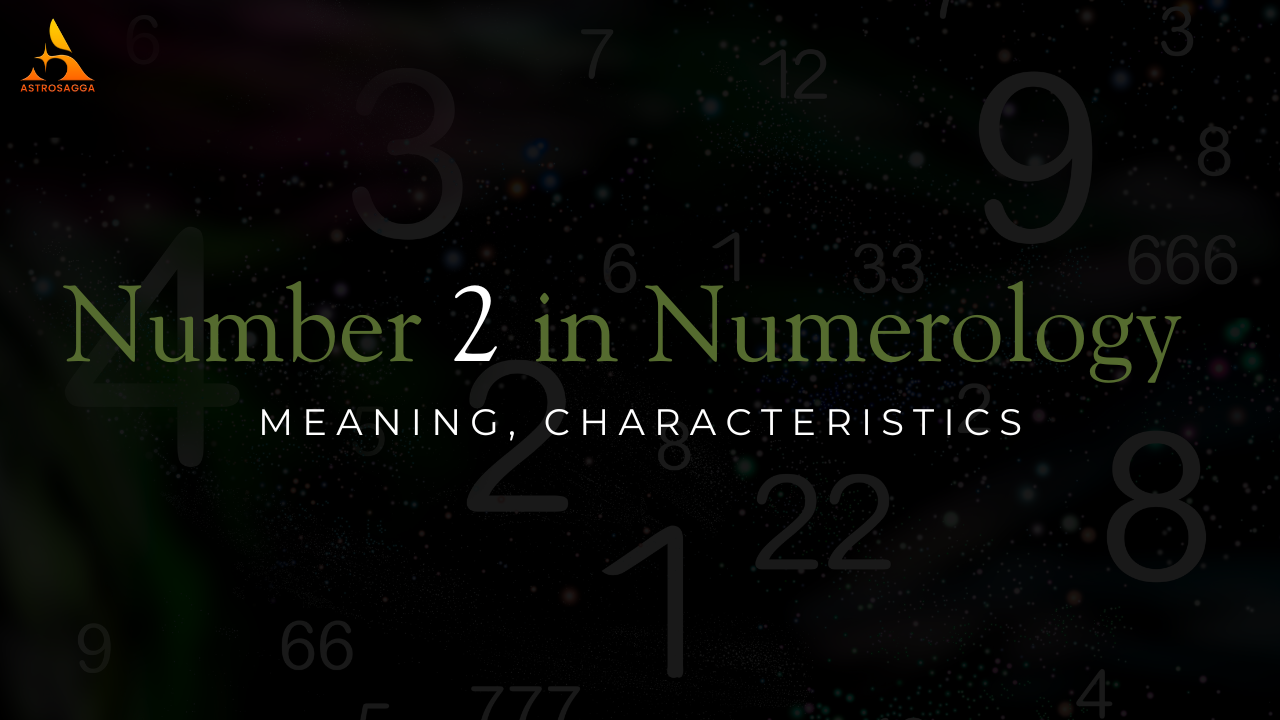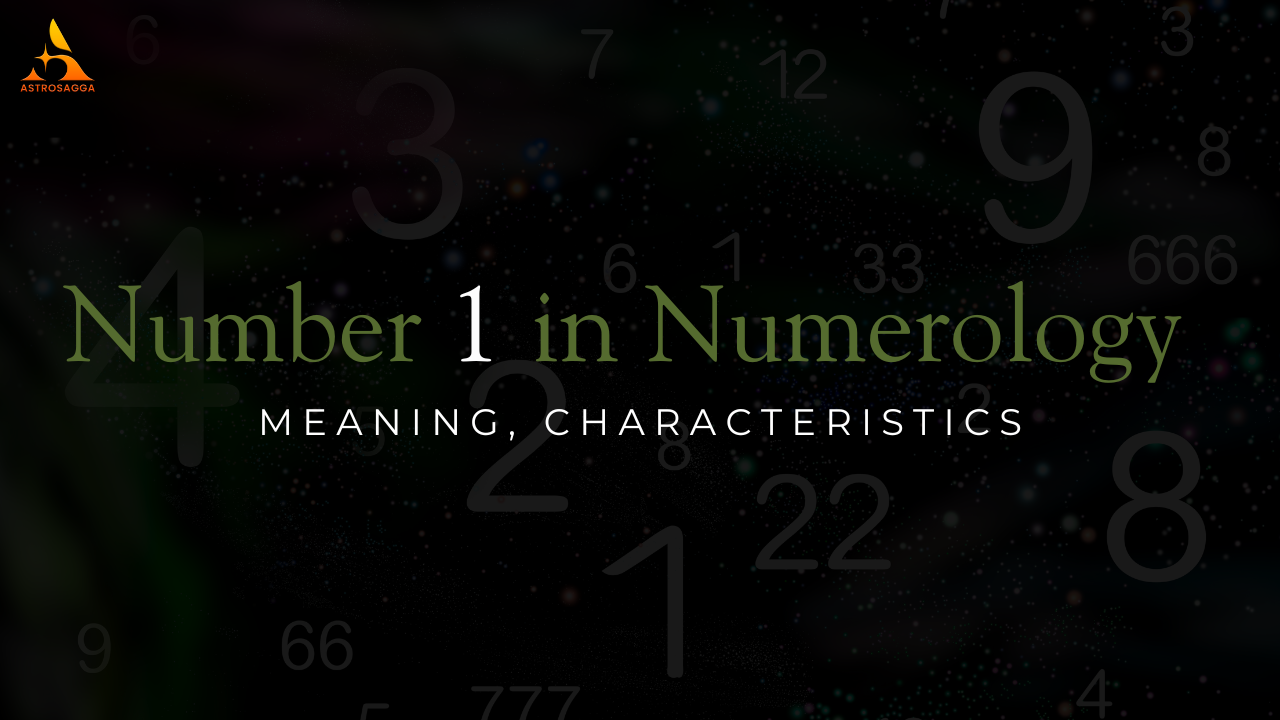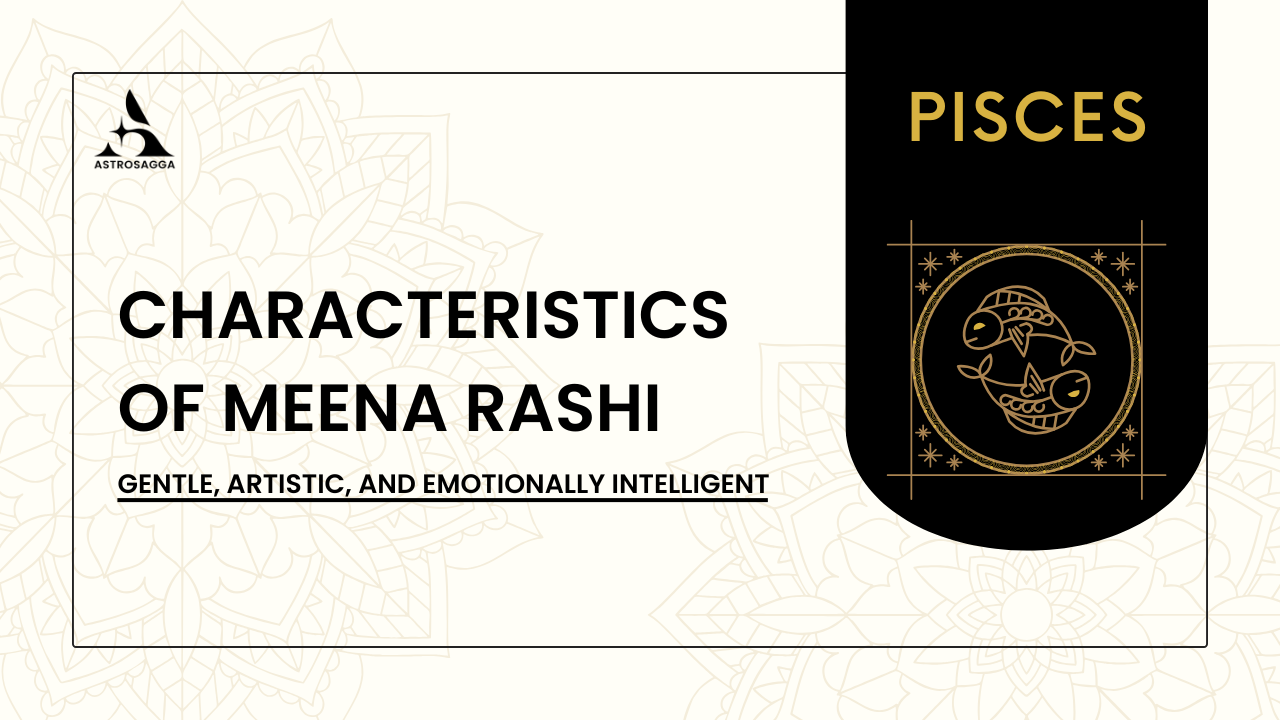In the annals of Indian history and literature, few characters are as enigmatic and enduring as Ashwathama. Known for his pivotal role in the Mahabharata, Ashwathama is often remembered for his extraordinary birth, his loyalty, his wrath, and above all, his curse of immortality. This narrative intertwines with astrology in intriguing ways, as celestial interpretations offer deeper insights into his life and his eternal fate. This blog delves into the astrological dimensions of Ashwathama’s story, exploring how the stars and planets might have influenced his character and destiny.
The Birth of Ashwathama
Ashwathama was born to Dronacharya, the revered teacher of the Pandavas and Kauravas, and Kripi. His birth was extraordinary, marked by a divine gem embedded in his forehead, which granted him invincibility against hunger, thirst, and fatigue. From an astrological viewpoint, such a birth underlines the influence of powerful planetary alignments and cosmic forces.
Astrologers often look at the birth charts (Janam Kundali) to understand the unique traits and destinies of individuals. Ashwathama's birth, imbued with celestial marvels, suggests a time when the planets aligned to bestow upon him exceptional attributes. The presence of such a gem could be interpreted as the influence of Rahu and Ketu, the shadow planets, known for their transformative and mystical qualities.
Ashwathama’s Role in the Mahabharata
As a warrior and the son of Dronacharya, Ashwathama was bound by dharma (duty) and loyalty to his father and the Kauravas. His prowess in battle and his strategic mind were unparalleled, often attributed to the powerful Mars (Mangal) in his astrological chart. Mars, the planet of war, aggression, and strategy, would have endowed him with the physical strength, courage, and tactical acumen that made him a formidable warrior.
However, Mars also symbolizes aggression and uncontrollable rage. Ashwathama’s later actions, particularly his vengeful attack on the Pandava camp and the subsequent curse by Krishna, reflect the darker aspects of Mars' influence. His impulsive decision to release the Brahmastra, a deadly weapon, showcases the destructive potential of unchecked Martian energy.
The Curse of Immortality
One of the most significant events in Ashwathama’s life is his curse of immortality. After his reckless actions in the aftermath of the Kurukshetra war, Krishna cursed him to wander the earth in perpetual suffering, bearing the burden of his sins. This curse can be astrologically interpreted through the influence of Saturn (Shani).
Saturn is often associated with karma, suffering, and long-term lessons. It represents the trials and tribulations that one must endure as a result of past actions. Ashwathama’s curse reflects the severe karmic retribution that Saturn brings, emphasizing the importance of moral conduct and the consequences of one’s actions. The immortality bestowed upon him, while seemingly a boon, becomes a source of eternal penance, a classic manifestation of Saturn's stern justice.
Celestial Symbols and Scriptures Archetypes
In Vedic astrology, scriptures characters often embody specific planetary archetypes. Ashwathama’s narrative can be seen as a complex interplay of Mars and Saturn, with influences from Rahu and Ketu. Mars provides the warrior spirit, strategic mind, and physical prowess, while Saturn imposes the karmic burden and eternal suffering.
Rahu and Ketu, the lunar nodes, contribute to the mystical and shadowy aspects of his story. Rahu's influence can be seen in the obsession and ambition driving Ashwathama’s actions, particularly his desperate attempt to avenge his father’s death. Ketu, on the other hand, symbolizes detachment and spiritual transcendence, which can be linked to Ashwathama’s lonely, wandering existence post-curse, possibly guiding him towards ultimate redemption and spiritual awakening.
Ashwathama in Modern Astrology
Modern astrologers often draw upon ancient myths to illustrate planetary influences and archetypes. Ashwathama's story serves as a poignant example of how cosmic energies shape human lives and destinies. His life is a testament to the intricate dance of celestial forces, where each planet's influence contributes to the unfolding of one's karmic path.
Astrologers might look at Ashwathama’s chart to understand the balance of Mars and Saturn in individuals, particularly those engaged in military or strategic professions. It also serves as a cautionary tale about the potential consequences of unbridled aggression and the importance of adhering to moral and ethical principles.
Read Also - 108 Names of Lord Ganesha: Their Meanings and Spiritual Benefits
Lessons from Ashwathama’s Story
Ashwathama’s tale, viewed through the astrological lens, offers several profound lessons:
The Power of Mars: While Mars bestows strength, courage, and strategic acumen, it also requires control and discipline to avoid destructive consequences. The balance of Martian energy is crucial for constructive outcomes.
The Justice of Saturn: Saturn's role as the dispenser of karmic justice emphasizes the importance of moral conduct. The long-term consequences of one’s actions, as illustrated by Ashwathama’s curse, underline the inevitability of karmic retribution.
The Mystique of Rahu and Ketu: The shadow planets teach us about the deeper, often hidden motivations behind our actions and the potential for spiritual growth through suffering and detachment.
The Interplay of Fate and Free Will: Ashwathama’s story reflects the dynamic interplay between destiny and free will. While his birth and certain aspects of his life were influenced by cosmic forces, his choices ultimately shaped his fate.
Conclusion
Ashwathama’s life, as seen through the prism of astrology, is a compelling narrative of cosmic influences and karmic lessons. His story bridges scriptures and astrology, offering a rich tapestry of celestial dynamics at play. By understanding these astrological elements, we gain deeper insights into the character and destiny of the immortal warrior, reminding us of the timeless dance between the stars and human lives. The celestial story of Ashwathama continues to inspire and caution, a testament to the enduring power of mythology in illuminating the mysteries of our existence.


